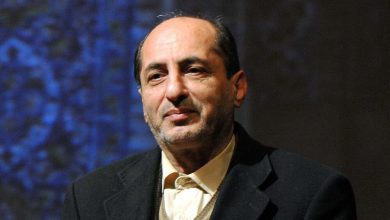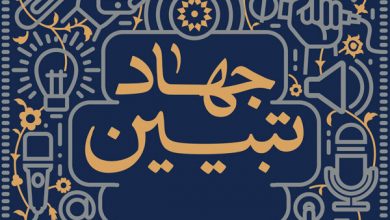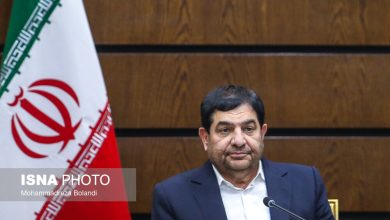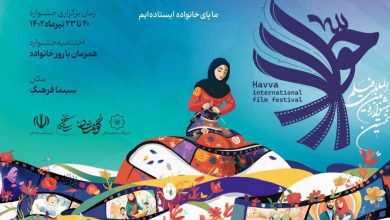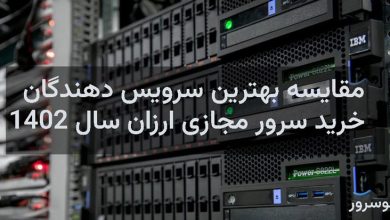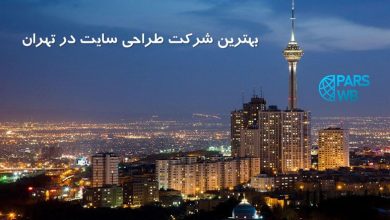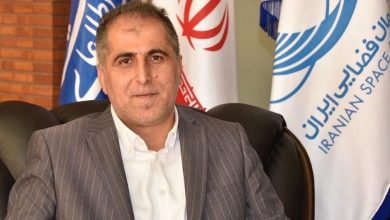

What emerges from Mr. Eng. Bahner’s words is not that he intended to specify the conditions for Mr. Hajjarian’s personal participation in the upcoming elections, because Mr. Hajjarian did not express his desire to run for office, nor is it likely that he will be. physically fit after the assassination. The audience for Mr. Bahner’s answer seems to be the group of reformers, some of whom have been heard to some extent put forward conditions for participation in elections, either for registration as a candidate or perhaps for participation in elections. It is clear that Mr. Bahner does not mean the legal requirements to stand in the elections. As a general rule, Mr. Bahner did not intend to remind someone as experienced as Mr. Hajarian of the clear and legal conditions for election candidates, and, moreover, the fact that Mr. Hajarian is no different in fulfilling the conditions and making his own pointless. Logically, Mr. Bahner and even the election organizers could not have expected that additional conditions could be considered for the reformers than provided for in the law. Of course, the interpretation of the issue of the scope and type of supervision of the Guardian Council under the heading of the advisory circular is another topic, one that has always been discussed and needs another opportunity to address it.
What remains is that the possible final impression of Mr. Bahner’s speech is the question of the requirement that reformists participate in elections as citizens. Someone may say that this interpretation of his speech is also wrong because the law does not set a special condition for the participation of the people in the elections and the general public can participate in the elections if they have the citizenship of this country, its documents, the legal age and Mr. Like everyone else, Bahnar knows that for sure. But the possibility of this interpretation of Mr. Bahner’s speech is not impossible, because some reformists set the condition for the maximum participation of the people from their point of view. So let’s talk about this.
Political participation is a right or a duty
It is very important to believe that participation in elections is a right or duty of the people or both. Because if we accept that this issue is a clear right of the people, then the regulators will have duties. Basically, recognizing and observing a right constitutes a duty in itself.
We know that political systems are based on public trust and the will of the people, and their continuity and authority depend on the participation and involvement of the people. This participation consists of various forms, including people’s participation in elections and referendums, taking into account the type of affairs in the state and their attachment to and support for the system that governs society. According to the interpretation of legal experts, the nation’s right to sovereignty over its own destiny is a natural, inherent right, and among the obligatory rights, the obligation to fulfill it is an absolute obligation. This right, which is rooted in human dignity and dignity, is one of the most important and basic human rights, and is a prerequisite for the exercise of other rights and freedoms of the individual. The right to self-determination means freedom of action and agency. , human autonomy and responsibility in determining one’s own destiny, and the bag is one’s destiny. Therefore, the participation of people in determining their own destiny is a right, and if there is a duty in this, then it is the responsibility of the political system to firstly recognize this right, and secondly, to pave the way for the realization of this right. People’s participation. This right is so important that Chapter V of the Constitution is named after him. In Article 56 of the Constitution, in this chapter, while this matter is considered a right, it clearly states: No one may take this divine right from a person or serve the interests of a particular individual or group. The nation applies this God-given right in the following ways.
In addition to this right of the people being specified in the Constitution, this issue can be proven in other respects as well:
- Basically, the constitution and the laws related to elections did not make any mention of the legal duty of the people to participate in the elections. What some jurists described as a religious duty is not a ruling, but rather indicates the importance of people attending, because elections and democracy are issues that arise due to human social life and do not have a legitimate pattern. Haram and Halal in principle and its functions must be modern. By studying the verses and hadiths of the Qur’an, there is no obligation for Muslims under the heading of “participating in elections” and the obligation to consult in the verses is not a choice, but rather a consultation. Even in the pledge of allegiance, which is one of the concepts that has an important place in the political culture of Islam, there is no obligation or coercion. “Loyalty” is a legal political term, a construct that is created by all or a group of people and their political leadership and is a private moral, legal and political relationship between the people and their political leader, whose provisions are. It is the obligation of people to obey and follow their leader. Voluntary and free loyalty has always been the general and basic condition. In the history of Islam, there is no example where a pledge of allegiance is considered obligatory and people are obligated to perform a pledge of allegiance. For example, Imam Ali (may God bless him and grant him peace) said in a letter to Talha and al-Zubayr: “You know – although you hide it – that I did not chase people; He also says in describing Jamal’s companions: “The founders of Jamal called people to fight with me, and they all pledged allegiance to me and pledged allegiance to me without hesitation and with complete consent.” In another place, the Imam (may God bless him and grant him peace) responded to Ammar’s suggestion that now that people have pledged allegiance to you voluntarily and without hesitation, it is good to invite Usama bin Zayd, Abdullah bin Omar and others to do the same. other people. Act, says: “We do not need the loyalty of someone who does not want to be with us.” Even Muhammad bin Hanafiyyah also says: After the killing of Uthman, when Abi accepted the pledge of allegiance after the strong insistence of the people, he said: The pledge of allegiance to me is public, except with the desire and consent of the people. the people.
- In addition to the previous point of view, based on religious traditions, in human rights documents, the right to participate in self-determination through participation in elections is considered a right of the people and not one of their duties. Article 20, paragraph 2, of the Universal Declaration of Human Rights states that no one should be forced to participate in any society. In addition, Article 21 states that every person has the right to take part in the conduct of the public affairs of his country, directly or through freely elected representatives.
- Paragraph D of the Charter of Citizen Rights also talks about “the right to participate in self-determination.” Article 15 of the Charter states the following: Citizens have an equal right to participate in the determination of their political, economic, social and cultural destiny, and they can exercise this right through referendums or free and fair elections.
- The action of the founder of the revolution was not to demand people’s participation in the elections, but to encourage them to participate and make the right decision, and the people’s freedom was respected in this field. Even in the statements of the Leader of the Revolution, participation in the elections has been interpreted as a patriotic duty and a political duty many times. Even when they mentioned “participation in elections is a right and duty of the people,” they said: “Elections are a manifestation of the people’s presence, a manifestation of the realization of rights, and a manifestation of national strength and authority for the sake of a country… It is a right and duty of the people.” As is clear, the right comes before duty, and the interpretation of duty is also a religious and political duty, which refers to the meaning of legal duty and not to a legal ruling.
On the other hand, if we accept that participation in elections is a religious duty and duty and we consider it a fatwa that citizens have no role in deciding whether to participate or not and they must submit to God’s rule announced by jurists, then how? Many other legal rulings follow from this. First, it would allow the political system to force people to do their bit and force them to participate and vote. In this case, whoever did not vote, committed a sin and weakened the system, deserves “punishment” and punishment. In addition, because not voting is a sin, so “advertising” and saying “I will not vote” and promoting it are also sins and should be prevented by the sanctity standard of “spreading prostitution” and the punishment for this should be determined. He. She. From this point of view, of course, a person who did not vote and committed a sin is a disbeliever and has no “practical commitment” to Islam, so he is not qualified to hold a position in the Islamic system and should be excluded. in elections and appointments. Such a person will fall from justice! If the interpretation of the term political and religious commitment used by some jurists is a legal ruling and commitment, then these consequences are inevitable, and from this standpoint the freedom to vote loses its meaning and meaning.
Therefore, it seems that instead of Fundamentalist Friends thinking about the terms and conditions of the participants and having diverse political viewpoints, it would be better to ask the politicians and the election organizers to provide the arrangements for the maximum participation of those who are eligible. To participate in the elections, and God forbid, that these elections not turn into an unwritten referendum. In any case, participation in the people’s self-determination is the right of the people and no one can limit this right, and by the way, on the contrary, any of the factors participating in the elections, including politicians and executives, should act in such a way as to make people think In the “lack of supply,” their opinions are among the options available in the elections, and if the symbol of the republic is damaged from this point of view, then the system has not properly fulfilled its duty and guaranteed it. In any case, as the founder of the revolution said, this is the system of the Islamic Republic, not saying a word, not a single word.

